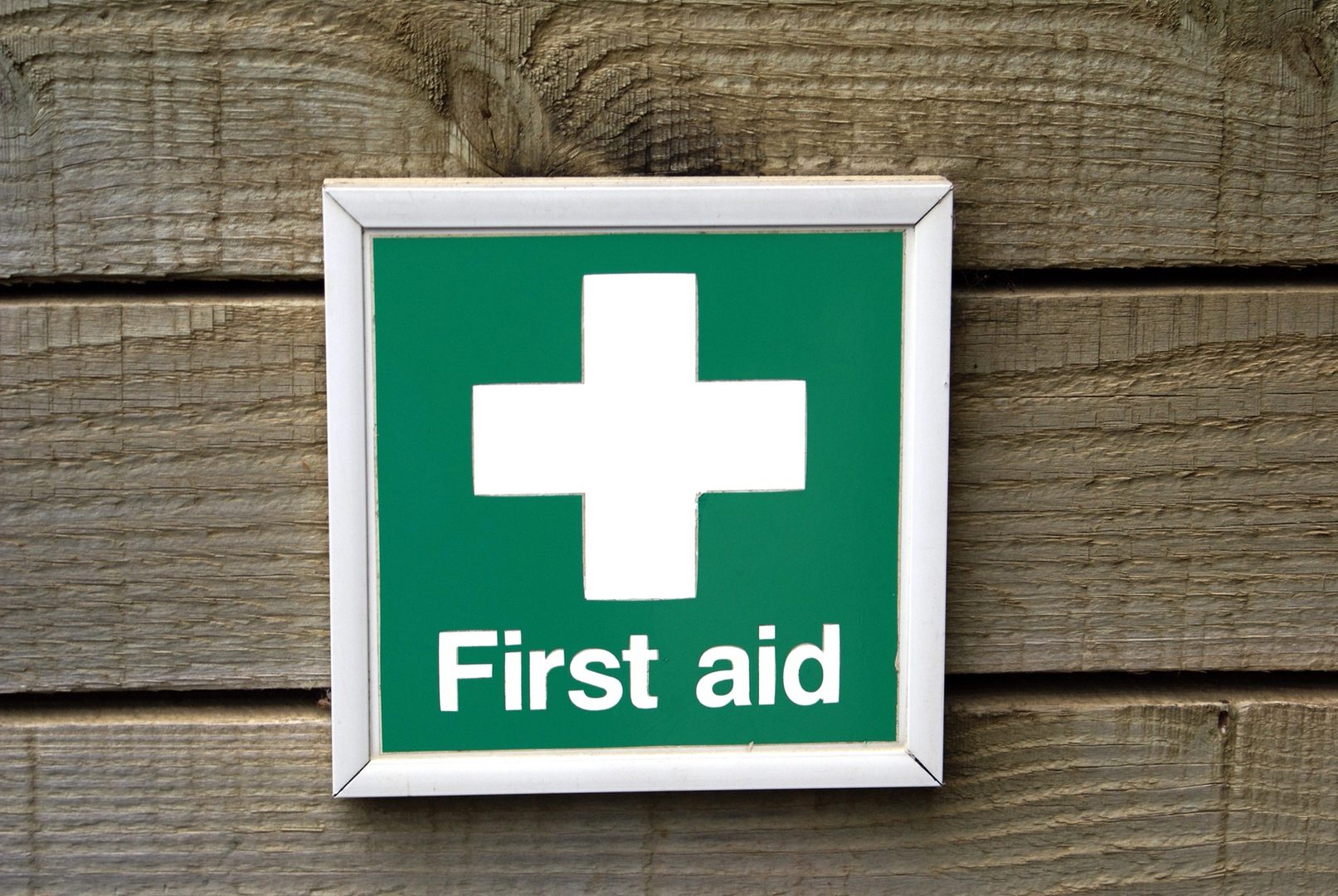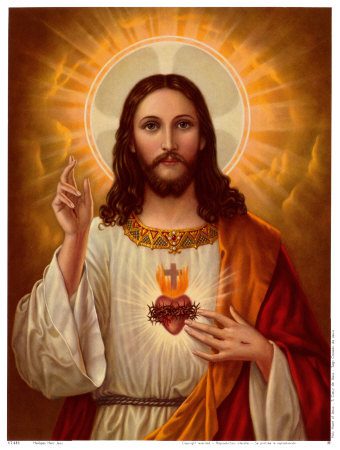General Concepts
"For I was hungry and you gave me food, I was thirsty and you gave me drink, a stranger and you welcomed me, naked and you clothed me, ill and you cared for me, in prison and you visited me.' "
Matthew 25:35-36
Here are several important concepts to help us understand Catholic Social Teaching. They include the family, the place of authority, subsidarity, and private property.
Family as the Basic Social Unit
-
- The family is the basic building block of society. Gaudium et Spes (The Pastoral Constitution on the Church in the Modern World) includes a section on the importance of marriage and the family in paragraphs 47-52. This is followed by a section on the "Proper Development of Culture" to which the family plays an important part. The family is the smallest social group found in society and is the basic building block of society for:
- The family helps transmits values includes truth and religious values.
- A stable family contributes to a stable society.
- The family is the first place of human interaction where growth and maturity occur.
- Good family life promotes the idea that we put the needs of others before our wants, disavowing self-interest as a primary goal
- Following the principle of subsidarity, family is the lowest level, where all decisions began
Authority as a Natural Phenomenon
Modern society sees authority as something we "put up with" only to maintain some sense of order. Authority is seen as a threat to freedom. The Church believes authority is natural to society. Pacem in Terris states, "Human society can be neither well-ordered nor prosperous unless it has some people invested with legitimate authority to preserve its institutions and to devote themselves as far as is necessary to work and care for the good of all. These however derive their authority from God, as St. Paul teaches in the words, Authority comes from God alone" (paragraph 46, Romans 13:1-6). To obey those in authority is to be obedient to God (paragraph 50). The need for authority is a natural part of human society. However, all legitimate authority must be based on moral law.
The Principle of Subsidarity
The principle of subsidarity states that all decisions and actions should be handled at the lowest level possible. In other words, a national government should not impose laws for issues that can be handled appropriately at the city level. The reverse is also true. The national government should not expect a lower level to handle situations that are beyond its means. It was first introduced as the principle of "subsidiary function" in Quadragesimo Anno that states, "The supreme authority of the State ought, therefore, to let subordinate groups handles matters and concerns of lesser importance, which would otherwise dissipate its efforts greatly. Thereby the State will more freely, powerfully, and effectively do all those things that belong to it alone because it alone can do them" (paragraph 80).
Is the Ownership of Private Property Acceptable?
The question of private property is an old question. Acts 2:42-47 tells how for the early disciples ownership of property was by the community. However, the Church does not see it as a requirement for all. In fact, Rerum Novarum speaks of private property as a natural right. Humans have a natural desire to provide for their own and their families protection. The ownership of private property ensures that one will have the means to provide for their family. However, there is also a responsibility to use our private property for the common good. Thus, we are called to share our surplus with others.
For Further Reading
- In April 2024, the Vatican Dicastery for the Doctrine of the Faith issued "Dignitas Infinita" on the concepts behind our understanding of human dignity and examples of the importance of human dignity in real life situations. Please see Part I and Part II of my reflection on "Dignitas Infinita" for more on this.
- My series, Our Relationships With Others, reflecting on Pope Francis' 2020 encyclical, Fratelli Tutti, especially "The Right to Private Property and Loving Our Neighbor"
Updated 4/30/24





